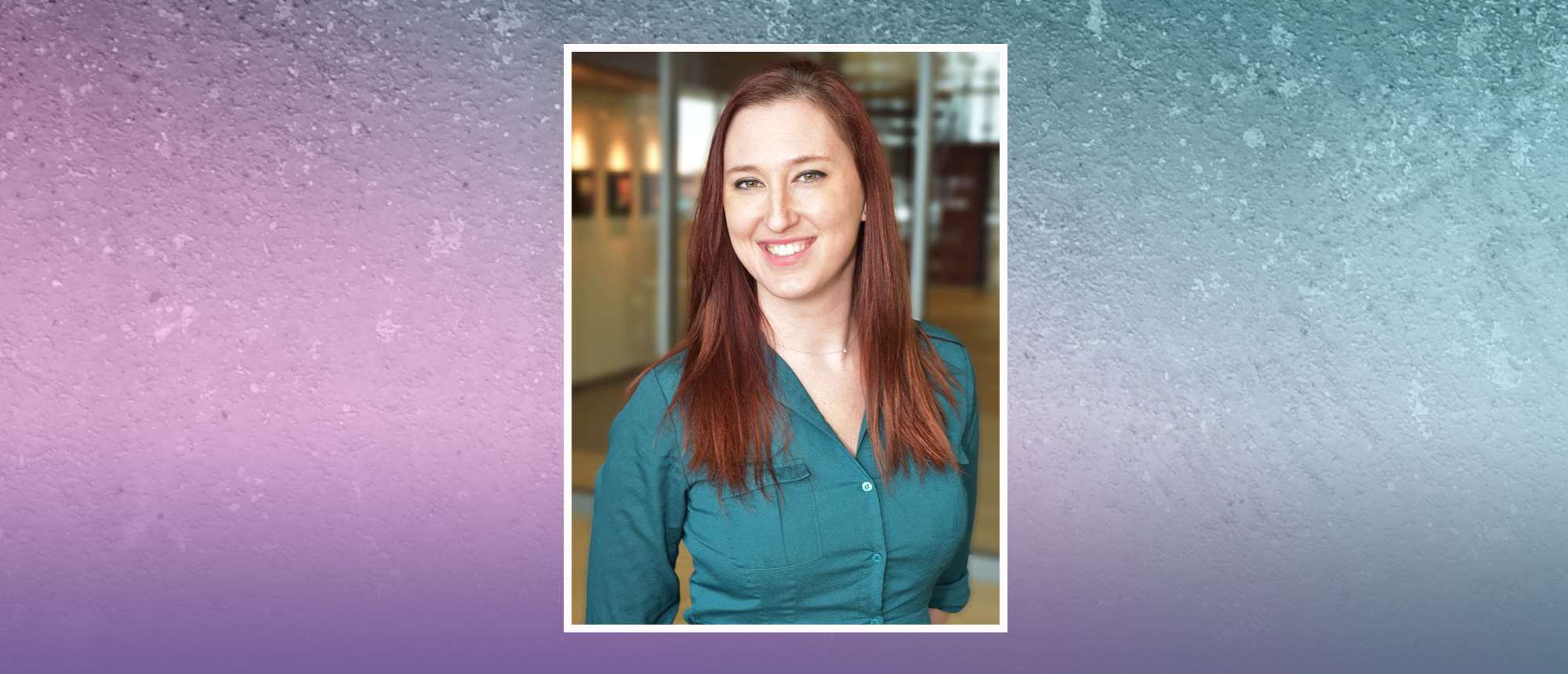Two Years Later, MCW Reflects on COVID-19: Dr. Jessica Olson
Read previous in the series: Dr. Heidi Christianson

On March 25, 2020, Wisconsin Governor Tony Evers declared a Safer at Home order for the entire state due to the COVID-19 pandemic. With this announcement came a complete reconfiguration and adjustment of the health care system and society as a whole. With those large-scale changes, MCW faculty, staff and students all had to adjust how they worked and learned to continue to do their essential roles despite the anxiety they felt during an incredibly uncertain time.
As the two-year milestone since that fateful day approaches, we asked members of the MCW community to share how they adapted and overcame the challenges of the time. For this story, we interviewed a handful of MCW faculty, staff and students to learn more about their experiences. These interviews will be released individually as part of an ongoing series with the intention of reflecting on this unique time.
Jessica Olson, PhD, MPH, assistant professor of community health
What was your role prior to the pandemic, and how has it changed?
My work involved a lot of in-person networking, events, focus groups, and meetings with small groups from both community and academic settings. For the last two years, all that work has been done almost entirely virtually.
Thinking back to the beginning of the pandemic, what were the most challenging aspects of your role?
At the beginning, helping community partners respond to the pandemic was a challenge. As local health departments became overwhelmed, referrals to birthing services tripled for one amazing partner, the African American Breastfeeding Network (AABN). We worked overtime to submit grants for emergency funds to train more doulas and help both the doulas and the families they served stay safe from COVID-19 while performing the very intimate work of birthing support. But we were so grateful to local grant makers for the speed of the grant reviews and availability of funds!
What has surprised you most about this time?
We were surprised to learn that “going virtual” had some upsides. For example, in breastfeeding support, the fact that AABN could connect virtually meant that new moms could get instruction from the comfort of their bedrooms, without needing to work out transportation to the community site or figure out childcare for siblings.
How has your team grown over the course of the pandemic?
I have invested significantly more time meeting with people at research institutions nationwide.
What are some key lessons that you learned during these past two years that you can take forward into the future?
I learned that having options to connect virtually can remove many barriers to accessing clinical and research spaces. As we move forward with community projects, we are trying to provide both options for the people we serve to maximize our reach and impact.



